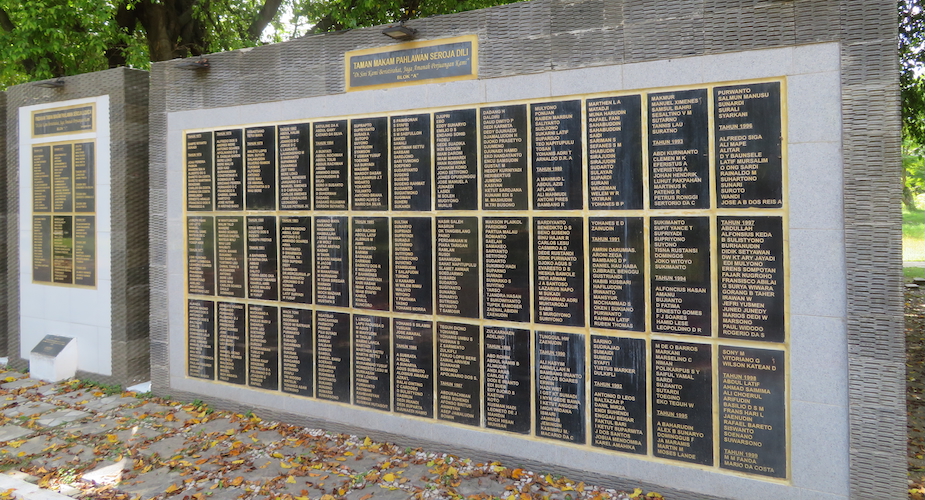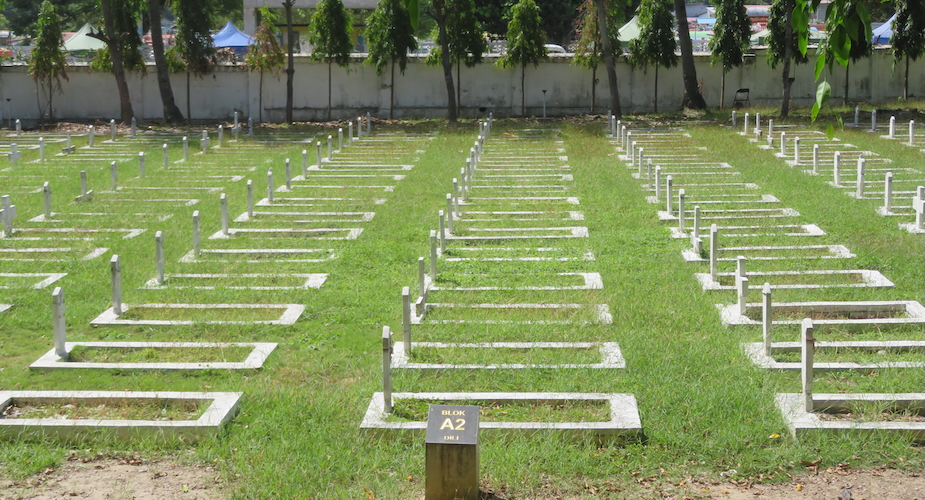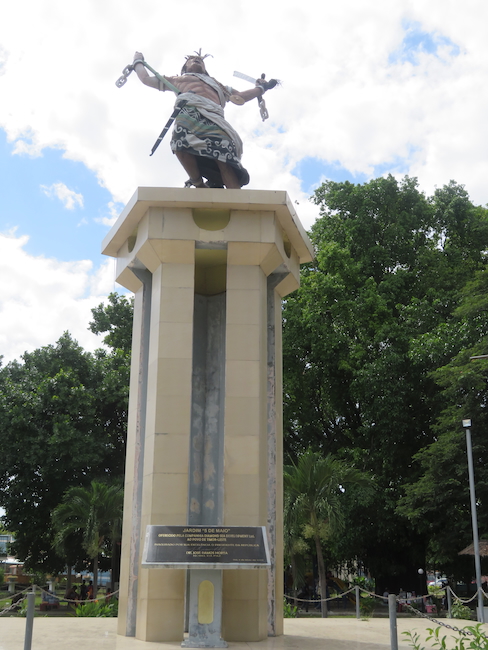What might Indonesia have achieved if it had not occupied East Timor?
As an Indonesian who always sympathised with Timor-Leste’s independence struggle, I once thought its freedom was an impossible dream. In the 1990s, while active in student movements with many friends from East Timor, I never imagined that 'Timtim' (as ordinary Indonesians called it) would become an independent country. It seemed too small, too poor, to survive without Indonesia.
The incorporation of East Timor into Indonesia had never been mandated by its people. It was engineered through a collaboration between a small group of Timorese elites and Indonesia’s intelligence apparatus. Yet Timor-Leste did achieve independence, at an extraordinarily high cost. The 24-year Indonesian occupation remains one of the great humanitarian tragedies of the twentieth century. In its early years, nearly one-third of the Timorese population perished. The survivors endured famine, violence, and unspeakable pain.
The trauma of Indonesian military operations linger to this day. I still recall the pervasive atmosphere of fear during a visit to East Timor in 1996–97. Encounters with Indonesians provoked visible anxiety. Even those to whom I was specifically introduced seemed hesitant, as though every word might be overheard by the occupying military. The oppressive atmosphere of surveillance felt like that described in Seno Gumira Adjidarma’s famous short story “Telinga” (Ears).
Everywhere I went, people would ask me: ‘Bapak, when are you going home?’ At first, I thought little of it. But when the question was repeated again and again, I asked a friend why. His answer startled me. People usually asked this of Indonesian soldiers and police officers stationed in East Timor, whose assignments were temporary. In another sense, it was a quiet act of resistance, an indirect way of saying, 'We do not want you here'.
The brutality of the Indonesian security forces was laid bare in the final moments of their rule. When the Timorese voted for independence on 30 August 1999, the Indonesian military and its proxy militias launched a scorched earth campaign, trying to reduce East Timor to ashes rather than allow it to stand as an independent nation. A quarter of a century since that referendum, one question remains unresolved: Will the people of Timor-Leste who endured the abuses of Indonesia’s occupation ever see justice?

This is a question that neither Indonesia’s political and military elites, nor Timor-Leste’s own ruling class, are eager to confront. The struggle for justice runs into walls – political, structural, and geopolitical. In Dili, elites have chosen stability and good relations with Jakarta over accountability.
To be sure, Timor-Leste has documented the abuses and established the truth. Yet the weight of geopolitics has left perpetrators untouched. The UN-backed Serious Crimes Unit (SCU) in Dili indicted around 400 suspects, most of them Indonesian nationals. But Indonesia refused extradition, and the indictments were never enforced. The UN Security Council, the United States, Australia, and ASEAN all prioritised stability and ties with Indonesia over justice for Timor-Leste. In the end, strategic interests triumphed over human rights: Indonesia was deemed too important a partner in counterterrorism, trade, and regional security.

The Indonesian military and its militias committed the worst crimes: mass killings, forced displacement, and widespread sexual violence. Yet Jakarta never prosecuted the perpetrators. Indonesian courts acquitted nearly all defendants, producing what international observers rightly called ‘sham’ justice. Many officers who should have been held accountable were instead promoted and remain influential in politics, government, and the military. For Jakarta, prosecutions were seen as a threat to national unity and the legitimacy of its military.
Civilian politicians also defended the decision not to prosecute military officers and their collaborators. In 2021, for example, President Joko Widodo’s government even awarded the Bintang Jasa Utama (Medal of Merit) to Eurico Gutteres, the militia leader implicated in the Liquiçá Church massacre after the 1999 referendum. Then-Coordinating Minister of Political, Legal, and Security Affairs Mahfud MD justified the acknowledgment by claiming Gutteres had ‘fought alongside Indonesia’ to build Timor as part of the Indonesian Republic.
In Timor-Leste, meanwhile, many survivors of Indonesia’s occupation still carry the weight of trauma and loss. Families torn apart by violence continue to live with poverty and displacement, while their pleas for justice and reparations remain unanswered. The Indonesian perpetrators remain untouched, shielded by impunity. In this silence, survivors and their supporters have turned to memory: recording stories, keeping archives, and creating spaces of recognition. These acts of remembrance cannot replace the trials or reparations victims deserve, but they honour the suffering endured and keep alive the hope that justice is still possible.
The greater burden, however, lies with Indonesia. Indonesian military elites have never been held accountable for grave human rights abuses, whether in East Timor or anywhere else. When prosecutions occur, they usually only target low ranking soldiers, while senior officers walk free. The same pattern was seen with Tim Mawar, the unit that abducted pro-democracy activists in 1997-98. Though members of Tim Mawar were convicted and dishonourably discharged, they were acquitted on appeal. Many of these perpetrators have risen to senior positions in the military and occupy key posts under President Prabowo Subianto, who himself carries a dire human rights record.
Impunity has become a defining feature of Indonesia. Except for a handful of civil society groups, few ever challenge it. This absence of accountability allows abuses to recur repeatedly, often in the name of national unity. In Indonesia, the invasion and occupation of Timor-Leste are generally viewed through nationalist and geopolitical lenses. The justification was the fear that Timor might fall under communist influence. Yet the same imperial nationalism that excused atrocities also concealed another truth: the occupation imposed enormous costs not only on Timor-Leste, but on Indonesia itself.
The fiscal and military burden of the occupation was considerable. At the start of the invasion in December 1975, Indonesia deployed about 30,000 troops, later maintaining a permanent garrison of 18,000–20,000 soldiers and police throughout the 1980s and 1990s. In addition to funding the military’s counterinsurgency actions, Jakarta also poured resources into physical reconstruction and subsidised the provincial government heavily. East Timor became a fiscal drain.

In the absence of reliable official data, it is only possible to estimate the costs of Indonesia’s occupation. This can be done by calculating the annual need for each soldier stationed in East Timor during the occupation and combining it with total fiscal transfers from the central government. This approach omits expenditure on military equipment and munitions, which, if included, would see the total run even higher.
By these conservative estimates, between 1975 and 1999, Indonesia spent about US$2.9–4.2 billion (US$16.2–23.5 billion in 2025 dollars). Most of this went to the military, especially in the early years. Based on low-end estimates of US$3,000–5,000 per soldier annually in the 1980s–1990s, military expenditure was about US$1.4–2.6 billion (US$7.8–14.6 billion in 2025). Meanwhile, total civilian transfers from 1976 to 1999 amounted to US$1.5–1.6 billion (US$8–9 billion in 2025). During Indonesia’s economic crisis (1997–1998), this fiscal burden weighed heavily and may well have helped tip Jakarta toward finally allowing a referendum.
The enormous costs of occupying East Timor were scarcely acknowledged inside Indonesia. This was the trap of imperial nationalism: a costly delusion that drained resources that could have been spent elsewhere. I cannot help but think what Indonesia might have achieved without such reckless imperial ambitions.
Made Supriatma is a visiting fellow at the Institute for Southeast Asian Studies – Yusof Ishak Institute, Singapore












